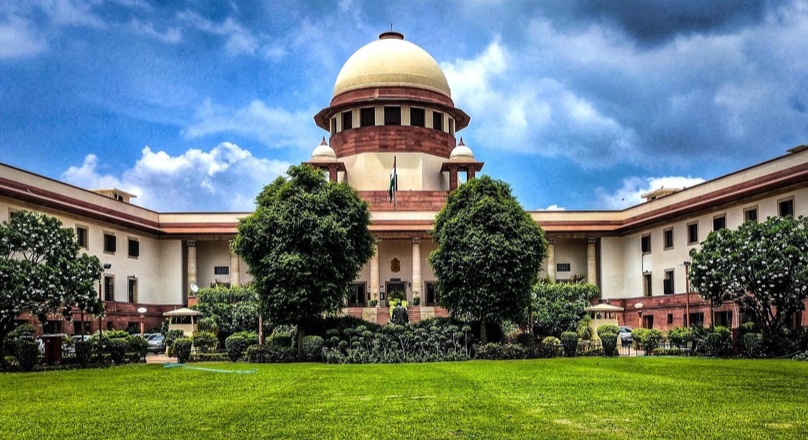The Supreme Court, on February 8, dismissed a Public Interest Litigation (PIL) challenging the provisions of the electoral manual that allow students studying outside their home constituency to transfer their names on the electoral rolls to their place of education.
A bench comprising Chief Justice of India Sanjiv Khanna and Justice Sanjay Kumar heard the matter.
Justice Kumar clarified that students studying outside their resident constituency have two options: either travel back to their enrolled constituency to vote or transfer their electoral enrollment to the constituency where they are pursuing their education.
Appearing for the petitioner, advocate P.K. Mullick argued that allowing such transfers raises concerns about the “meaningful expression of opinion” by voters. He questioned whether a student from one state, such as Uttar Pradesh, studying in another, like Telangana, would be adequately aware of the local socio-political landscape to make an informed choice.
“A student from Uttar Pradesh studying in Telangana would be totally disconnected from the political discourse… A temporary student is not concerned with the long-term development of the area, does not know the language, etc.,” Mullick submitted.
In response, CJI Khanna upheld the electoral provision, emphasizing that it ensures a meaningful expression of opinion. He also noted that restricting students from voting at their place of study could negatively impact voter turnout.
“There are practical difficulties… Given the number of voters in India, disallowing this would create challenges,” the CJI remarked.
Highlighting the limitations of the postal ballot system—currently available only to defense personnel and senior citizens—he pointed out that even judges must travel to their home constituency to cast their vote.
“Even we (judges) don’t get it (postal ballot). My brother (Justice Kumar) was saying that even he has to travel to Hyderabad to vote,” CJI Khanna observed.
Justice Kumar further questioned the feasibility of drawing a distinction between students and other individuals who relocate due to employment or transfers.
“Where do we draw the line? People who are transferred or living elsewhere for various reasons could similarly claim they are unable to vote in their home constituency and demand a postal ballot,” he noted.
The Court also declined the petitioner’s suggestion to adopt the Electronically Transmitted Postal Ballot System (ETPBS) used for overseas NRIs.
Dismissing the petition, the bench recorded:
“In view of the Manual of Electoral Rolls, particularly Clause 13.6.1.3, we are not inclined to proceed further with the present writ petition, and the same is dismissed.”
Clause 13.6.1.3 of the Manual of Electoral Rolls provides that students residing as tenants at their place of study may register as voters either at their native place with their parents/guardians or at their place of residence for educational purposes, such as a hostel or lodge. The clause also stipulates that transfers can only be approved if the student is enrolled in a recognized university.
Case Details:
Arnab Kumar Mullick v. Union of India
W.P. (C) No. 215/2024



